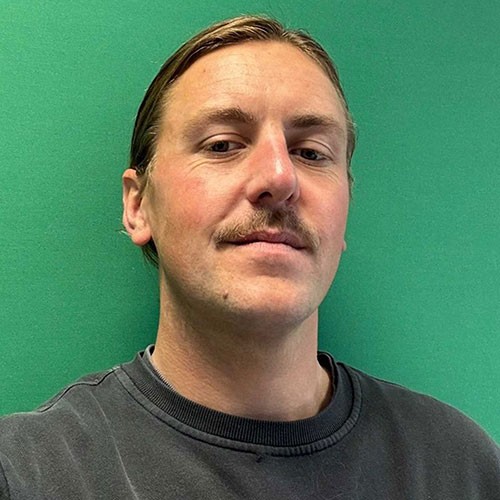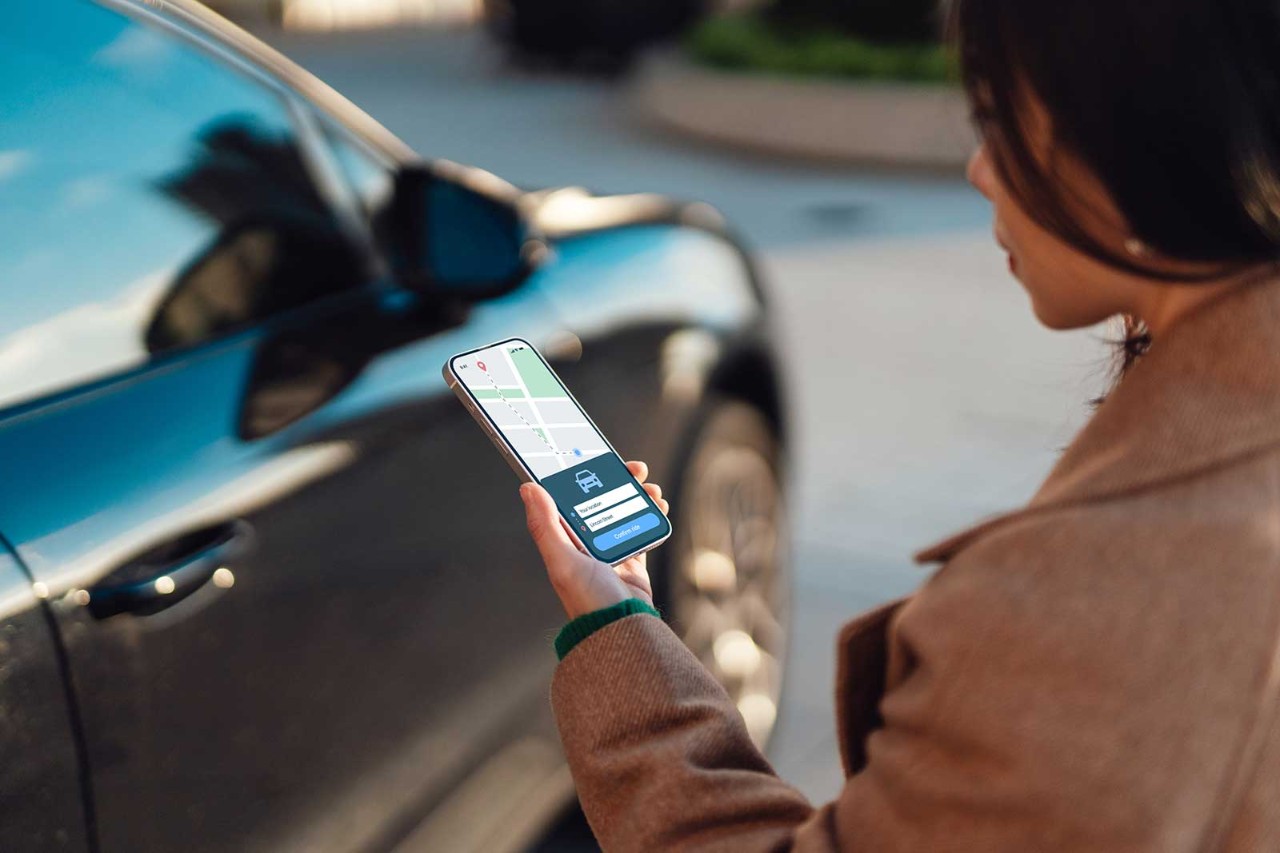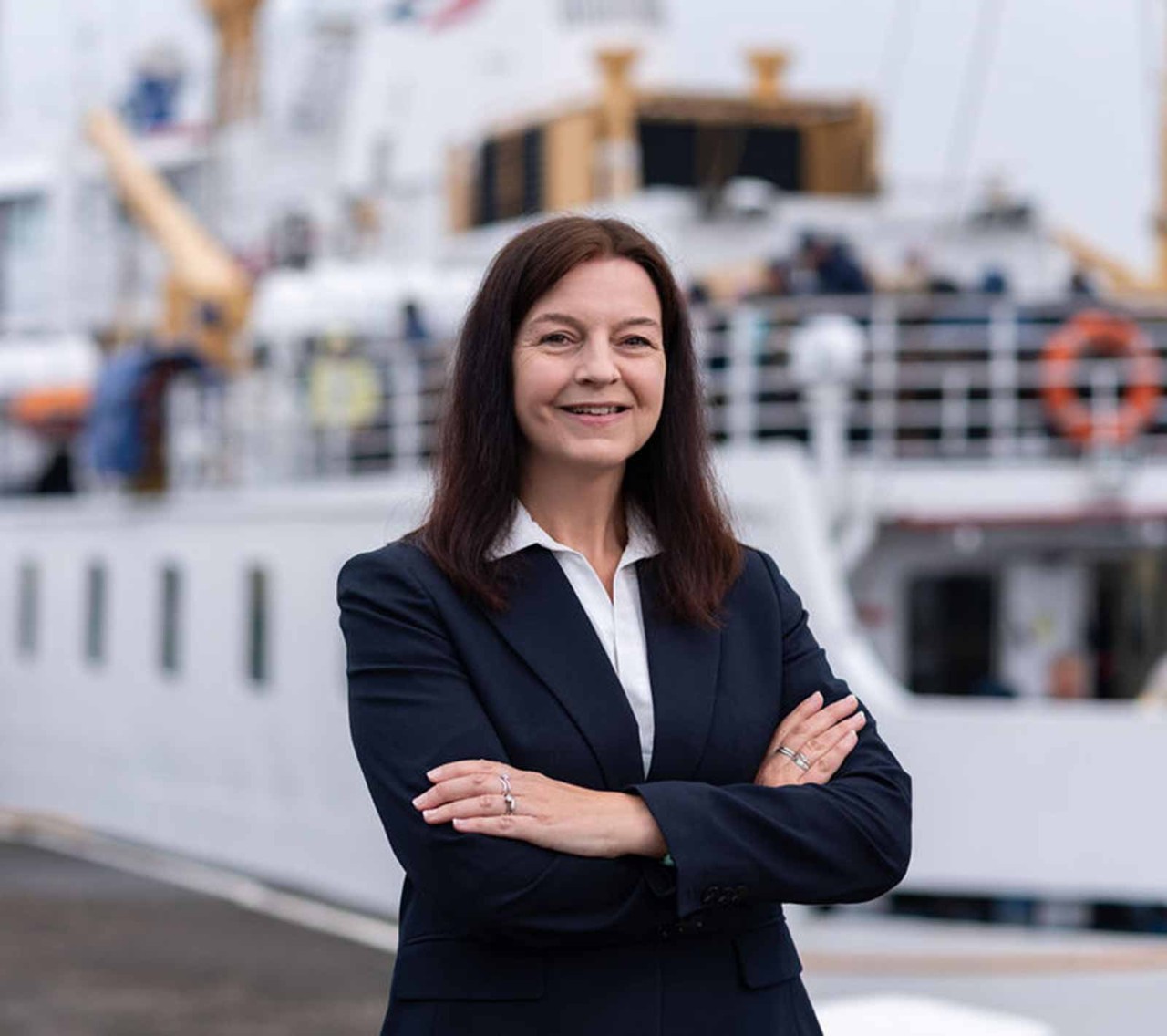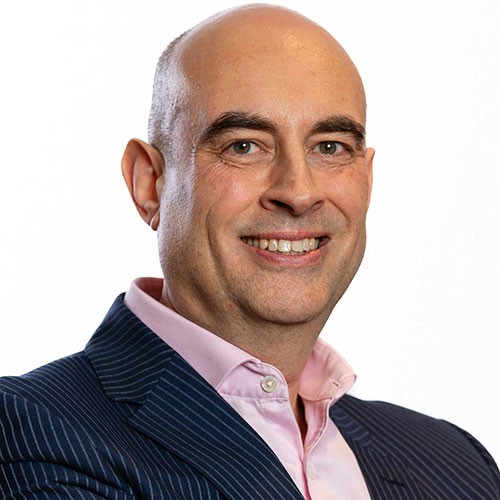
What I enjoy most about my job, but also my greatest challenge, is needing to wear multiple hats. The business I co-founded is a platform that helps companies track and manage assets across their full lifecycle, from acquisition to disposal. I work on product development, I try to do a bit of the development and programming, and I also get involved in sales, lead generation and embedding the technical accounting standards.
I kind of fell into the ACCA qualification through Jersey’s finance industry. After school I went straight into an entry-level trainee role. I started off doing my CAT qualifications, which then transferred into ACCA. It has allowed me to understand business on a global and strategic level, and to look at different aspects of business in different ways.
One of my proudest moments was securing Circlr’s first paying customer. That followed two years of development, grind and hard work. To get that first validation was obviously very special; I gave my co-founder Chris a little high-five!
The bigger and more meaningful piece is around circularity
I think environmental reporting and accounting is going to be the one of the biggest factors changing the profession in the next few years. Currently we’re at the early stages, which is quite focused on carbon accounting and reporting, but I actually think the bigger and more meaningful piece is around circularity, and that will be about tracking assets’ lifecycle. Accountancy will have a big role to play in supporting this. We need to look at things in a different way and channel materials back into reuse, refurbishment and recycling channels, which is currently often an after-thought.
Our mission is directly aligned with this circularity. At Circlr we have a very tough goal of channelling a billion assets back into circular channels. But we also have to make sure that ethics and sustainability is built in. It might take us 10 years, it might take us 100 years, but that is how we’re really ensuring our work, and people who work with us, align with that strategy.
You need to stay up to date in your field but also look at adjacent areas
I think accountancy and technology are going to become much more closely aligned. You’re no longer going to be able to look at them in silos. My work is directly impacted. It will probably sit at the high end on the scale of accountancy and technology, considering that we’re building a software company and that is likely to be playing an even more significant part in the next five years.
I took an online, three-month training course in circularity, despite thinking after my accounting qualification that I’d never do large-scale courses again. I then spent another six or so months teaching myself to code and program so I could really understand the technical side. You need to stay up to date in your field but also look at adjacent areas where you’re not necessarily going to become to an expert. Having an entry-level understanding really contributes to how you look at it.
I live in the Channel Islands. When I’m not in the world of accountancy and circularity, I enjoy surfing, or running if the surf is flat.



